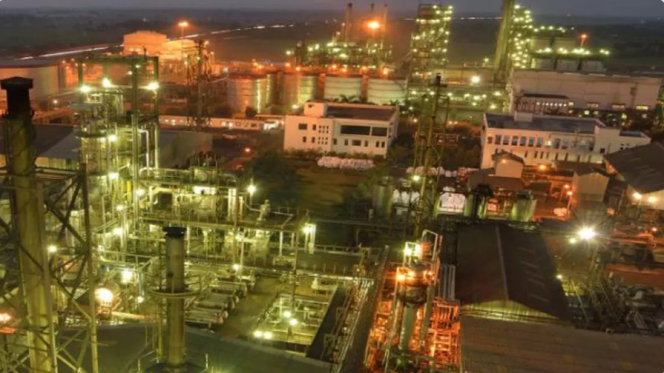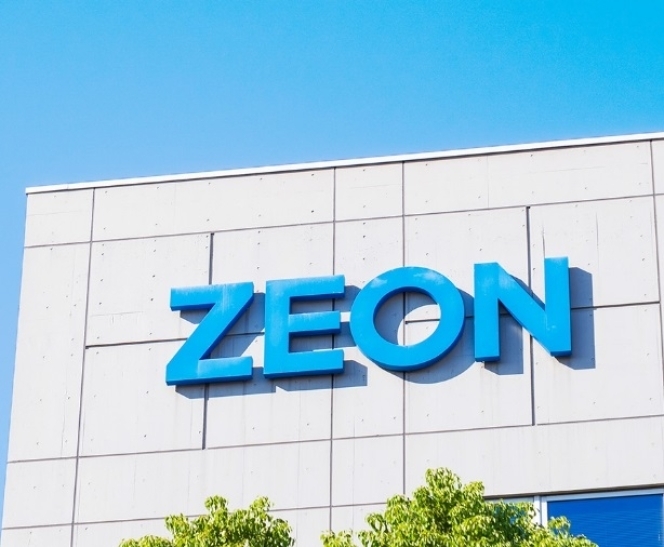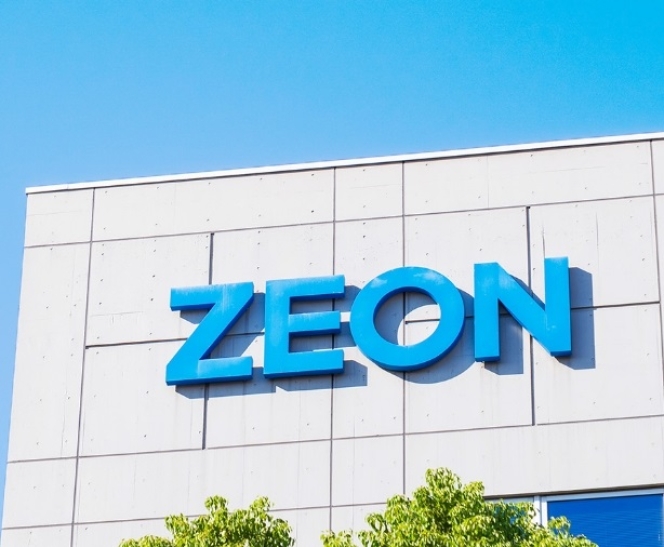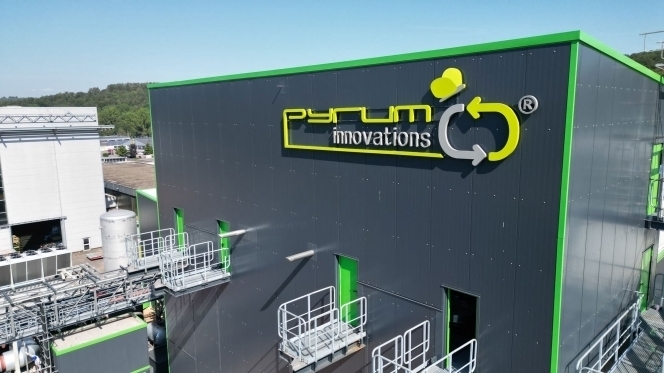Himadri Speciality Chemical Expands Carbon Black Operations, Enters Specialty Tyre Market
- By Sharad Matade
- May 09, 2025

Himadri Speciality Chemical Ltd., a leading Indian speciality chemicals manufacturer, is reinforcing its market position with significant expansions in carbon black production, a strategic entry into speciality tyre manufacturing, and ambitious diversification into EV battery materials.
The company reported robust financial performance for the fiscal year ended 31 March 2025, with profit after tax jumping 36 percent to INR 5.58 billion, setting the stage for its expansion plans.
In a major development for its core business, Himadri is expanding its speciality carbon black operations at Singur from 60,000 to 130,000 metric tonnes annually, with operations expected to begin by Q3 FY26. This expansion will boost total capacity to 250,000 metric tonnes, making it “the single largest site for speciality carbon black facility in the world," according to Managing Director Anurag Choudhary.
The INR 2.2 billion investment is projected to generate annual revenue of INR 4.4 billion, with impressive margins ranging from INR 20,000 to 50,000 per tonne, depending on grades. The expansion targets growing demand across specialty fibre blacks, conductive black, inks, plastics, coatings, and battery segments.
Unlike competitors facing market pressures, Himadri's strategic focus on specialty products has created resilience in its business model. “We are largely protected. Our very minimum volume goes to the tyre industry," Choudhary noted, with less than 25 per cent of its carbon black sales going to tyre manufacturers.
Following its acquisition of Birla Tyres alongside resolution applicant Dalmia Bharat Refractories, Himadri is strategically entering specialty tyre manufacturing. The company will focus on off-highway and electric vehicle segments, with operations beginning in phases starting from the end of Q1 FY26.
Initial production will be 10-20 tonnes, gradually increasing quarterly. Products initially include agricultural and mining tyres and bias tyres for commercial vehicles before expanding into passenger car radials and EV tyres. The company is currently awaiting Bureau of Indian Standards approval, which is expected within 30 days.
Himadri is also establishing a 200,000 metric tonne annual capacity plant for lithium iron phosphate (LFP) cathode active material, with the initial 40,000 metric tonne capacity phase operational by Q3 FY27. "We’ll be the first manufacturing plant in the world other than China for electric commissioning,” Choudhary said.
The company aims to boost profit to over INR 8 billion ($96 million) by fiscal 2027, representing a 43 percent increase from current levels. “By FY ’27, we expect a PAT of 800-plus crores," said Choudhary. “Our PAT will be INR 8 billion-plus, so that lays down the road map for growth, and it will be coming from all around the business, from our existing business to the new businesses that we are entering and the capacities that are setting up."
Export sales accounted for 27 percent of total revenue in FY25, with carbon black exports representing 35-40 percent of that segment's sales. The company sees "very bright” export opportunities for its coal tar pitch business in Middle Eastern and Southeast Asia.
"Battery breakthroughs won't just come from one component, but from a holistic mastery of the ecosystem," Choudhary told analysts, highlighting the company's strategic push into clean energy materials amid booming electric vehicle adoption.
Zeon And Visolis Sign Binding Term Sheet To Advance Bio-Isoprene And SAF Commercialisation
- By TT News
- February 16, 2026

Zeon Corporation and Visolis Inc. have formalised their partnership by signing a binding term sheet, marking a pivotal advancement in the commercialisation of bio-based isoprene monomer and sustainable aviation fuel (SAF).
This collaboration, which now moves from technology verification towards project implementation, is built upon the progress made since their initial memorandum of understanding in March 2024 and the subsequent joint feasibility study announced in April 2025. Bio-based isoprene monomer serves as an essential component in the production of synthetic rubbers and various other materials, while SAF is increasingly recognised as a critical next-generation fuel for reducing carbon emissions within the aviation industry.
The newly established term sheet outlines a foundational agreement on the key elements required for a final investment decision. These include defining the business structure and the respective roles of each company, establishing technology and development strategies and advancing detailed engineering for the proposed production facility. Furthermore, the agreement covers the evaluation of potential sites, the process for engaging with suppliers, securing necessary regulatory approvals and planning the financing pathway.
The envisioned facility is set to commence commercial-scale output after successfully demonstrating mass production capabilities for biomass-based isoprene and SAF, utilising Visolis’ proprietary technology. Both companies are now committed to expediting the path to full-scale production and ensuring a steady supply of these sustainable products to the global market.
Zeon Backs Chemify To Accelerate Digital Chemistry Innovation
- By TT News
- February 12, 2026

Zeon Corporation has deepened its commitment to digital chemistry through a strategic investment and partnership with Chemify Limited, secured via its corporate venture arm Zeon Ventures Inc. Chemify, a growth-stage UK enterprise, is reshaping molecular research by integrating digital tools with automated laboratory systems. Its proprietary Chemputation technology translates molecular targets into executable chemical code, which operates directly on robotic platforms to complete integrated Design–Make–Test–Analyze cycles without manual intervention. This closed-loop automation allows Chemify to explore previously inaccessible areas of chemical space while reducing the timeline from concept to synthesized compound by up to tenfold.
A cornerstone of Chemify’s capability is its recently inaugurated Chemifarm in Glasgow – one of the most sophisticated automated facilities in the world for molecular design and construction. The facility enables accelerated iteration and autonomous synthesis of novel small molecules, converting chemical code into tangible compounds with unprecedented efficiency. These advances are critical for developing functional, synthesisable molecules that can contribute solutions to urgent global issues spanning public health, energy efficiency and environmental protection.
Zeon has been at the forefront of adopting digital methodologies in chemical R&D, recognising their transformative potential from an early stage. This investment is positioned to strengthen Zeon’s internal digital chemistry efforts and catalyse the invention of novel materials capable of addressing complex societal needs. The move aligns with Zeon’s STAGE30 corporate strategy, which targets a rise in revenue contribution from four key growth sectors – Mobility, Healthcare and Life Sciences, Telecommunications and Green Transformation – to 48 percent by fiscal 2028. By backing pioneering enterprises and cultivating advanced materials, Zeon continues to advance its dual vision of a sustainable planet and a secure, progressive society.
- Rubber Board Of India
- Rubber Producers’ Societies
- Sulphur Dusting
- Powdery Mildew
- Rubber Plantations
- Rubber Board Subsidy
Rubber Board Announces Sulphur Dusting Subsidy For Rubber Producers
- By TT News
- February 09, 2026

The Rubber Board of India has announced the opening of an application window for financial aid for sulphur dusting to combat powdery mildew disease in rubber plantations for the year 2026. The scheme is open to all Rubber Producers’ Societies (RPS) operating in both traditional and non-traditional growing regions.
From 10 to 20 February 2026, eligible societies must submit their applications online through the 'ServicePlus' portal on the official Rubber Board website. Societies requiring help with the submission process are advised to contact their nearest Rubber Board regional office or field station, or to consult the board's website for further guidance.
French Recognition Of TPO Bolsters Pyrum's Circular Economy Model
- By TT News
- February 09, 2026

Pyrum Innovations AG has welcomed the official recognition by French authorities on 17 January 2026, which classifies tyre pyrolysis oil (TPO) as a legitimate raw material for the chemical sector. This pivotal regulatory milestone for pyrolysis oil derived from end-of-life tyres substantially enhances the product’s integration into established chemical value chains. It also provides greater predictability for future purchase and partnership frameworks, thereby accelerating the development of industrial material cycles.
For Pyrum, which processes scrap tyres through pyrolysis to recover pyrolysis oil, industrial carbon black and steel, this decision underscores the critical need for standardised and reliable regulatory conditions. Such clarity is fundamental for scaling investments, production volumes and supply chains, particularly as the chemical industry and circular economy converge. The establishment of clear product categories is essential to ramp up the market for high-quality recycled raw materials.
The company remains committed to tracking further developments in France and the wider European dialogue regarding the classification and application of recycled feedstocks. Pyrum’s overarching objective is to expand industrial-scale recycling solutions for scrap tyres. This regulatory progress directly supports the company’s mission to secure long-term, quality-assured supply agreements with partners across the chemical industry, thereby advancing a more sustainable and circular economic model.
Pascal Klein, CEO, Pyrum Innovations AG, said, “The decision in France is an important step for the industrial use of pyrolysis oil from waste tyres. It supports a trend that we are seeing in many markets, where the chemical industry is seeking reliable, technologically robust and clearly classified alternative raw materials.”







Comments (0)
ADD COMMENT